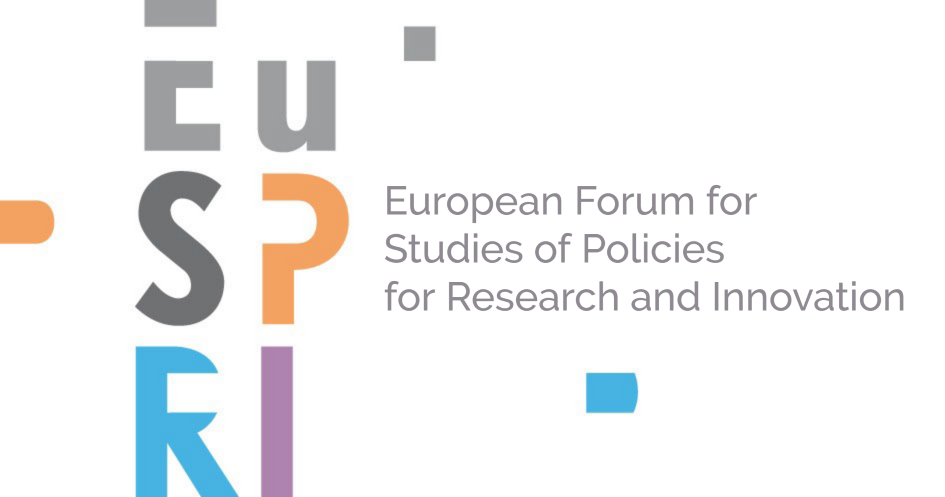Haldar, Stuti (Lund (SE) Lund University)
Wicked problems, just solutions: Deliberating place-based approaches for system transformations
Authors: Stuti Haldar, Philipp Späth
Keywords: Agency Paradox, Development Policy, Place-Based Approaches
Abstract
Climate change, rising economic disparity, social injustices, and biodiversity loss are some of the multifaceted and systemic challenges facing both global north and south regions alike. Traditionally science, technology and innovation (STI) policy along with development policy have been critiqued for overemphasising technological solutions to these ‘wicked problems’ (Ngo, 2023). However, addressing complex sociotechnical challenges require innovative and inclusive perspectives, tools and approaches. It is also important to acknowledge that innovation alone is not sufficient to deal with these grand societal challenges. Neither are top-down policy interventions in themselves effective in ensuring that green transition projects deliver on procedural, distributional and recognition justice dimensions (Bianchi et al., 2024). In fact, top-down, technocentric approaches to regional development and whole system transitions are increasingly critiqued for reinforcing unequal power relations. Such approaches risk transposing national policy priorities locally, without being sensitive to local contexts. As a result, they may shift the burden of transformation onto vulnerable local communities, who are directly affected by green infrastructure and transition initiatives but lack agency to meaningfully engage in decision-making. We refer to this as the ‘agency- paradox’. For instance, in the global south large scale renewable energy projects aimed at meeting national decarbonisation commitments often lead to justice concerns like disruption of local ecosystems, land dispossession, and lack of participation of local communities or women in planning of the projects (Haldar et al., 2024). Similarly, recognition, procedural and distributional injustices are evident also in the global north where rights and livelihoods of indigenous communities become contested owing to accelerated green industrialisation policy. For example, there is growing concerns regarding well-being of Sami communities with loss of traditional reindeer herding land for critical mineral mining and green steel industries in north Sweden and Norway (Sepulveda Van Hoorde & Brown, 2024). Thus, resolving this agency paradox mandates nuanced understanding and more place-based approaches to sociotechnical system transformations. This would entail co-creation of STI and regional development agendas beyond technology solutions- spanning cultural, social and environmental processes. Such long term and multilayered transformative change need to deploy place-based approaches better integrating the skills, capabilities and alternative knowledge streams of local communities and diverse stakeholders across municipalities and regions.
Bottom-up approaches have the potential to foster trust, dialogue, and meaningful engagement between policymakers and citizens, ultimately contributing to more democratic governance of system transformations. Examples of place-based instruments in the EU for instance, include strategies for smart specialization, just transitions, and community-led local development. Drawing from these examples, there is a clear rationale for strengthening place-based approaches to STI as well as development policy in both Global North and South contexts.
Although there are several merits to place based policy it needs to also complement nationwide structural policies and vice versa. This does not come without its own challenges. For example, especially in developing economies unclear division of local, regional and national competencies and weak sub-national institutional capacities often hinder place-based approaches to development and just transformations.
To guide future development and innovation policy research, it is valuable to consider some of the key questions that arise from these challenges:
• How can place-based policies effectively complement nationwide structural strategies?
• What mechanisms are needed to ensure that harmonization efforts do not overlook local nuances and specific needs?
• How can human capital be developed to support green and digital transitions at the local level?
• What frameworks might best support the coordination between local actions and broader national or international objectives?
• Lastly, in contexts where governance responsibilities are unclear, and there are weak local institutional structures, what steps can be taken to strengthen sub-national institutional capacities?
These questions aim to stimulate contributions that explore the balance between local specificity and broader policy alignment, as well as strategies for enhancing the effectiveness of place-based approaches to development and just transformations. We seek both early stage and full paper contributions that challenge the effectiveness of generalized, ‚one-size-fits-all‘ solutions to system transformations and, instead, articulate the necessity of context-sensitive approaches. We encourage conceptual and empirical studies on the following themes.
• Challenges inherent in broad-brushed, top-down and often technocentric development strategies.
• Potential of place-based approaches in embedding justice and equity principles into transformation processes.
• Practical tools, mechanisms, and instruments that can foster bottom-up, context-specific solutions to today’s ‘wicked problems’ across the Global North and South.
